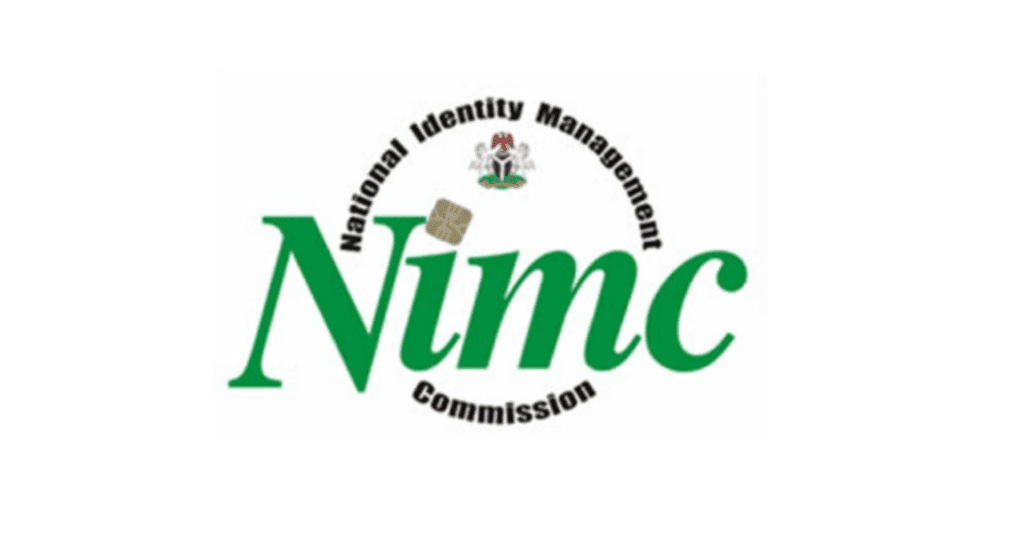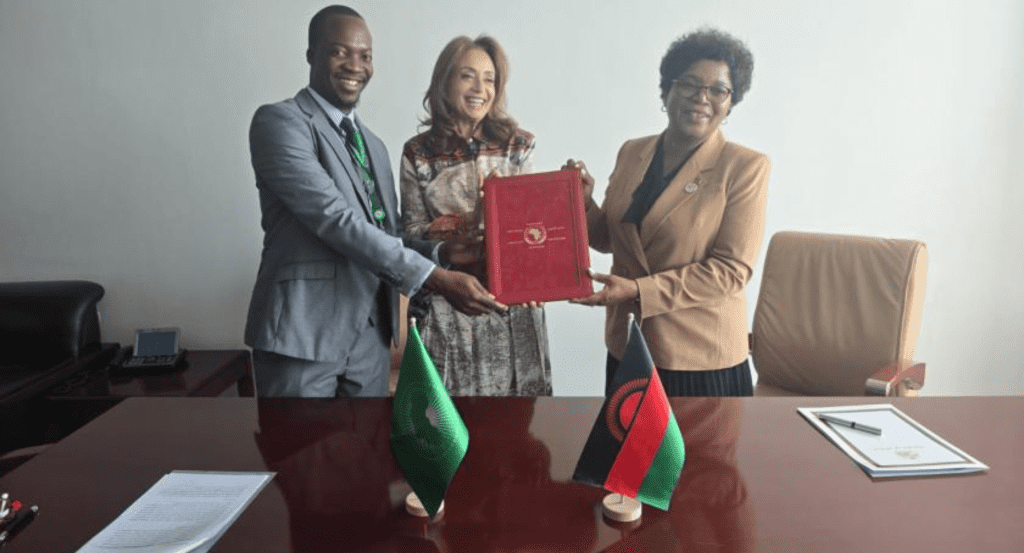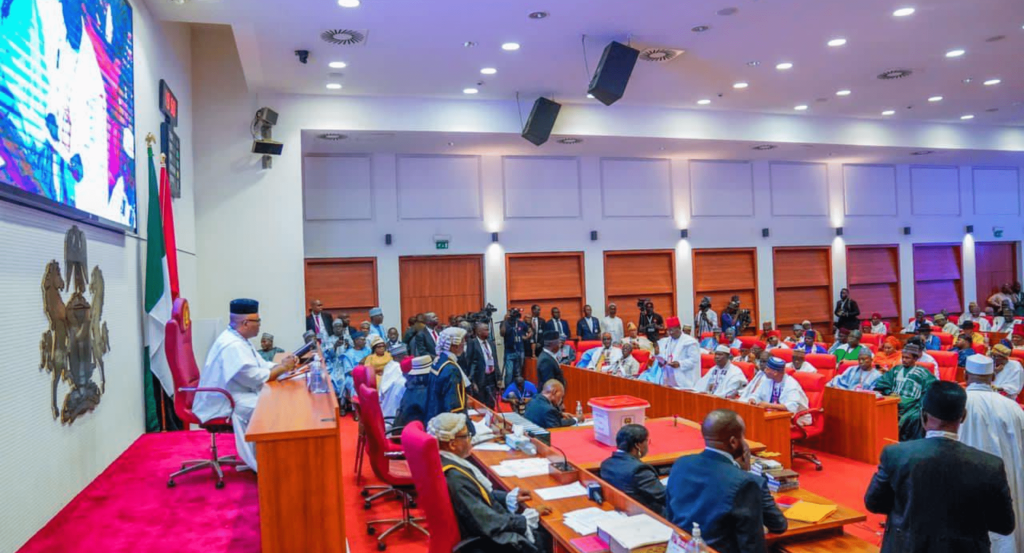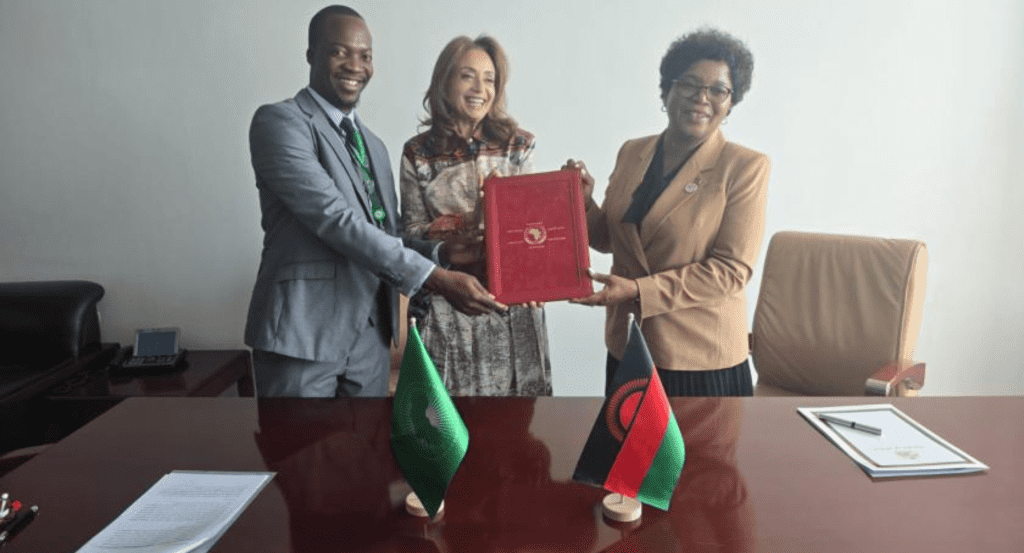President Bola Ahmed Tinubu has directed a comprehensive clean-up of Nigeria’s National Identification Number (NIN) database after the Federal Government uncovered that over 6,000 foreign nationals from Niger Republic had obtained NINs. The discovery has raised concerns about the integrity of Nigeria’s identification system and potential security risks.
The revelation was made by the Minister of Interior, Olubunmi Tunji-Ojo, who stated that the government’s ongoing review of the country’s identity management system led to the detection of thousands of non-Nigerians with NINs. According to him, these individuals, primarily from Niger Republic, had successfully enrolled in Nigeria’s national identity program, which is meant for citizens and legal residents.
Tunji-Ojo explained that the government is taking swift measures to address the loopholes that allowed non-citizens to obtain NINs. He emphasized that President Tinubu has instructed a complete overhaul of the system to ensure that only eligible individuals have access to the national identity database. The clean-up process, he noted, will involve the National Identity Management Commission (NIMC) working alongside security agencies to verify and authenticate the identity of all NIN holders.
Security experts have expressed concerns over the potential misuse of Nigeria’s national identification system. They warn that if left unchecked, unauthorized access to NINs by foreigners could pose threats to national security, border control, and economic policies. The government’s latest move aims to prevent identity fraud and ensure that the database is accurate and secure.
The minister further disclosed that investigations are ongoing to determine how the foreign nationals obtained NINs and whether the process was facilitated by internal or external actors. He assured Nigerians that any individuals or organizations found guilty of compromising the integrity of the identification system would face legal consequences. Additionally, he highlighted the need for stricter regulations and improved monitoring mechanisms to prevent future breaches.
NIMC, which oversees the enrollment and management of NINs, has faced criticism over alleged lapses in its registration process. Some reports suggest that inadequate oversight and possible collusion by registration officials may have contributed to the irregularities. As part of the clean-up exercise, the commission is expected to review its data collection methods and enhance verification processes to eliminate fraudulent entries.
The Federal Government has reiterated its commitment to strengthening national security through improved identity management. The directive to clean up the NIN database aligns with broader efforts to enhance border security, track criminal activities, and ensure that government social programs reach the right beneficiaries. The government has also assured the public that legitimate NIN holders will not be affected by the process.
Meanwhile, authorities are urging Nigerians to remain vigilant and report any suspicious identity-related activities. Citizens have been advised to protect their personal information and avoid sharing sensitive details with unauthorized individuals or entities.
The latest development adds to ongoing discussions about the effectiveness of Nigeria’s identity management system and the need for continuous reforms to safeguard national interests. As the government moves forward with the clean-up, there are expectations that stricter policies will be put in place to prevent similar occurrences in the future.



























